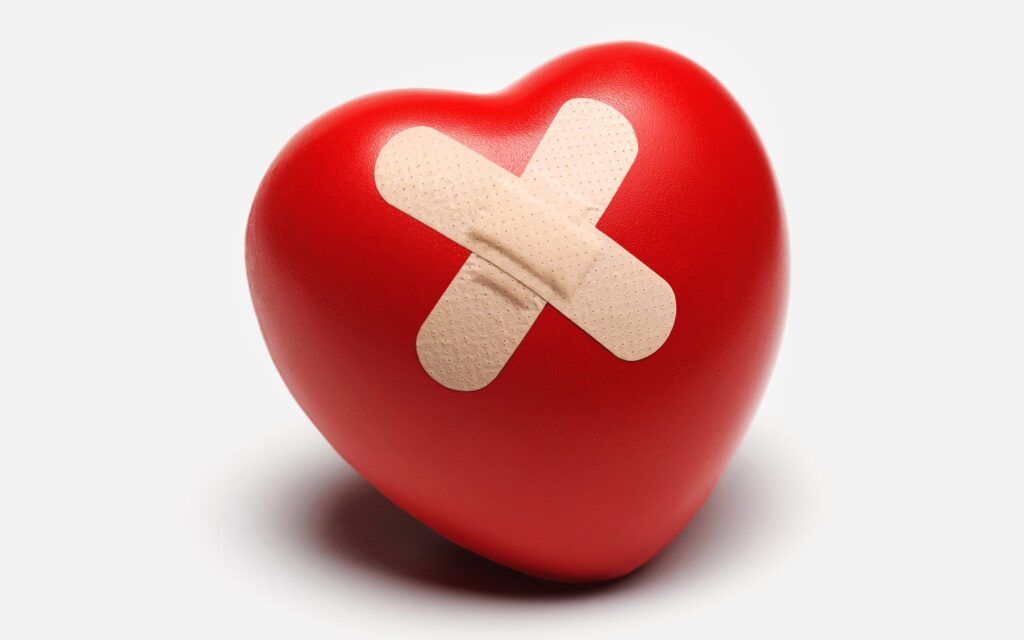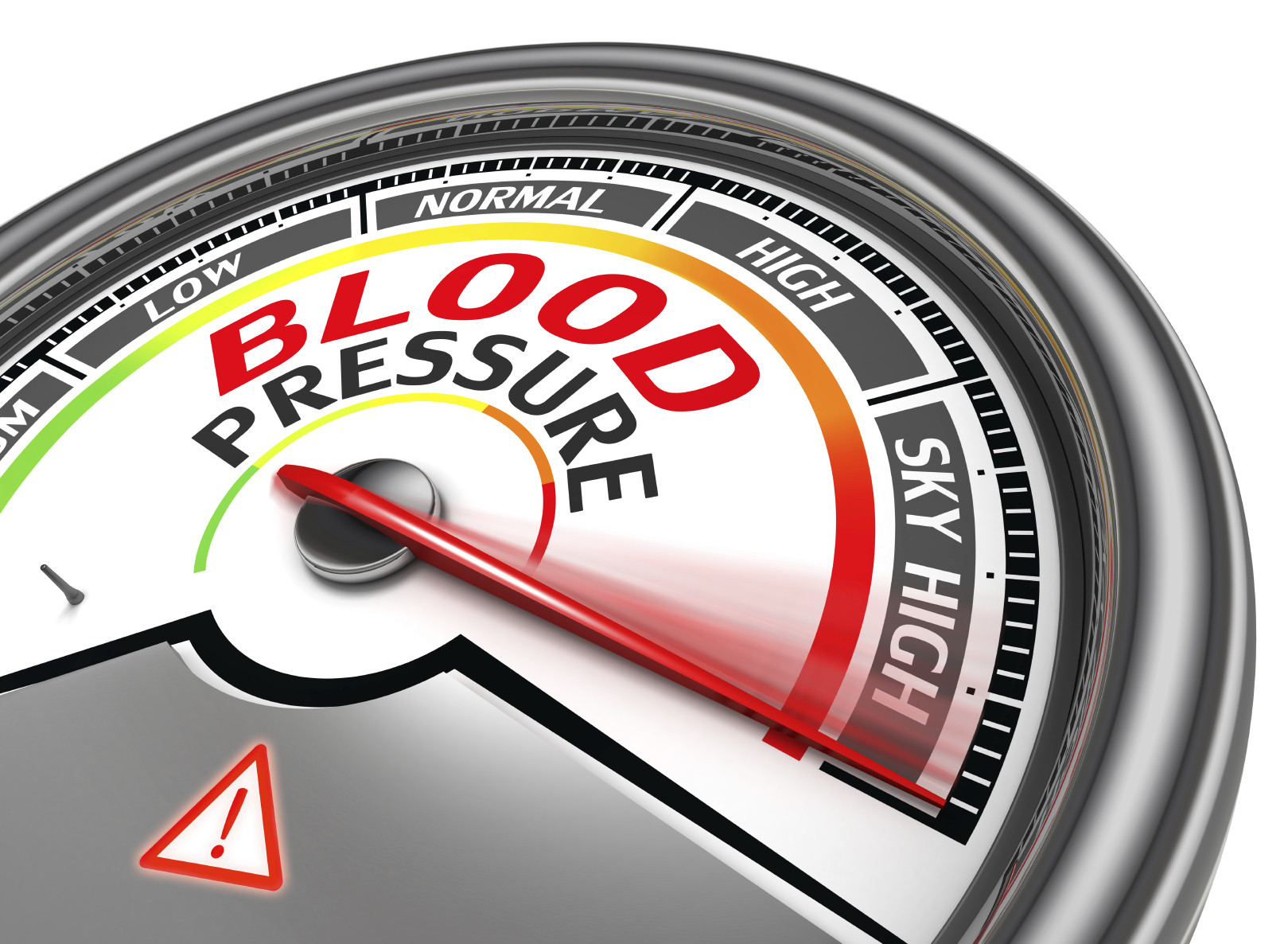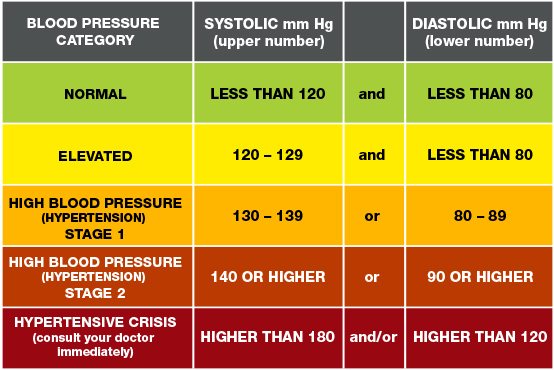I’m going to kick things off by talking about blood pressure, something that’s crucial yet often overlooked.
You see, blood pressure is the force that your blood exerts against the walls of your arteries. It’s like the power behind your body’s water supply, pushing essential nutrients and oxygen everywhere they need to go.
What is high blood pressure?
or ‘hypertension’ as doctors call it? It’s when that force is too strong over a prolonged period of time.
Here’s the kicker: many people have it without even knowing because it typically comes with no warning signs or symptoms – earning it the nickname, ‘the silent killer.’
You’re going to find out about why managing high blood pressure is much more than just a precaution; it’s a critical component in maintaining your health and preventing more serious issues.
Early detection and management hold the key to steering clear of the grave health dangers that can creep up unnoticed.
By the end of this article, think of yourself as a bit of an expert on what high blood pressure is and why it’s essential to keep it in check.
The chart below shows blood pressure & if you have ever had your blood pressure checked, the result by a health practioner is always read as the Systolic over Diastolic.
So a normal pressure is read as; 118 over 79.
This isn’t just about knowing your numbers; it’s also about understanding the risks and how you can take control of your health before issues become more complex.
Let’s embrace the fact that by shedding light on this topic, we’re setting the stage for a deeper dive into the risks and complications that come with untreated high blood pressure, which I’ll delve into next.
The Hidden Dangers: Risks and Complications of Hypertension
Now, I’m going to tell you about something you might not see coming, but it’s crucial to know: the risks and complications linked to high blood pressure.
Just because hypertension is often silent, this doesn’t mean it’s harmless.
You see, when your blood pressure stays elevated over time, it can be like a ticking time bomb for your heart.
It’s a major risk factor for heart disease, which is the number one killer worldwide. Now, that’s not to scare you. It’s to make you aware because knowledge is your first line of defense.

But it’s not just heart disease. High blood pressure can lead to a host of unwelcome complications like stroke, kidney failure, and vision loss. It’s a bit like a domino effect; one thing leads to another unless you intervene early.
Now you might be wondering how hypertension shortens your life expectancy and alters your quality of life. Well, it does so by accelerating wear and tear on your arteries and organs.
Imagine the plumbing in your house; now think about what happens when the water pressure is too high for too long. At some stage something is going to break.
What does all this mean for you?
It means being proactive about monitoring your blood pressure and recognizing the signs when something’s off.
You can always adjust your approach down the road, especially with support from healthcare professionals.
Regular screening will give the health professional the data, but you can get the results & also chart them to see any changes/fluctuations in your blood pressure.
The odd high count you might attribute to a change in work for example, but a steady upward or downward trend in results would be showing you, that there could be a problem.
Too low is the same as too high.
Again think of your house senario.
This isn’t just about dodging near-term health issues, it’s about safeguarding your future. The better you manage your blood pressure, the more likely you are to enjoy a vibrant, healthy life.
Decoding the Causes: Unveiling Factors that Influence Blood Pressure
If you’re puzzled about what’s causing your blood pressure to spike, you’re not alone. It’s a complex condition, influenced by a mix of genetics and lifestyle choices. In this section, we’re going to uncover the different factors that can lead to high blood pressure.
You might have heard someone blame their high blood pressure on bad genes. There is some truth to this – if your family has a history of hypertension, your risk could be higher. But it’s not just genetics at play. Your daily habits and environment have a substantial impact as well.
Your diet holds significant sway over your blood pressure. Consuming too much salt can cause your body to retain water, increasing blood pressure. Then there’s sugar, which can be just as sneaky, contributing to weight gain and boosting blood pressure indirectly.

On the flip side, getting enough physical activity is a major defense against hypertension. Regular exercise strengthens your heart, allowing it to pump more efficiently with less effort. And let’s not forget stress, which, when chronic, keeps your body in a constant state of high alert – with blood pressure levels to match.
Some medications can also send your numbers creeping up, as can conditions like kidney disease or hormonal imbalances. It’s crucial to discuss any medications you’re taking with your doctor, including over-the-counter pills and supplements.
Understanding these causes is just the beginning. Knowing how to manage them is the real game changer. And that’s going to include lifestyle adjustments, possibly medication, and the framework for a treatment plan tailored to your unique situation.
Navigating Treatment: Evidence-Based Approaches to Management
I’m here to help you with navigating the often complex world of hypertension treatment. Effective management usually combines lifestyle changes and, if necessary, medication.
Now what is an evidence-based approach? It means that we’re looking at scientifically proven methods to help you keep those numbers in check.
Lifestyle modifications can work wonders for your blood pressure. I’m talking about dietary changes like reducing salt and increasing the intake of fruits and veggies.

Regular physical activity is also a game-changer – it could be as simple as walking for 30 minutes most days of the week.
If you’re prescribed medication, don’t worry too much about the names and numbers. What’s important is finding the right medication that works for you, with the help of your healthcare provider.
Consistency is key, which is why tracking your blood pressure at home and during doctor visits is crucial. It gives you and your doctor a clear picture of your blood pressure trends.
Remember, managing high blood pressure isn’t a solo journey. Involve your healthcare team, and don’t shy away from asking questions or expressing concerns.
Your first attempt at managing blood pressure doesn’t need to be your last. You can always adjust your approach down the road, especially as you work closely with your healthcare provider to find what’s best for you.
Empowerment Through Education: Living Well with Hypertension
You’ve got this. Living with high blood pressure doesn’t have to be a life sentence of fear and restrictions. It’s about taking control, becoming informed, and making decisions that work best for you. This section is going to emphasize the power you hold in managing your health and ensuring your quality of life doesn’t diminish.
Don’t worry too much about the road ahead; instead, focus on the steps you can take right now. Adopting a healthy lifestyle is a key factor that resonates with many individuals. This includes regular physical activity, a balanced diet low in sodium, and techniques to manage stress.

Remember, your journey to lower blood pressure is a marathon, not a sprint – small, consistent changes can have a big impact.
In my opinion, finding a support network is just as crucial. Whether it’s friends, family, or online communities, connecting with others can provide you the encouragement and accountability you need. Plus, sharing your experiences and tips can be incredibly rewarding.
Last but not least, it’s important to stay abreast of new research and developments in the field of hypertension. The advancements are continuous, offering new treatments and understanding that can help you live an even healthier life. With the right knowledge and support, you’re not just managing high blood pressure—you’re mastering it.
As always, thanks for reading this article & if you have any comments or questions, feel free to leave them below & I will reply to you.





